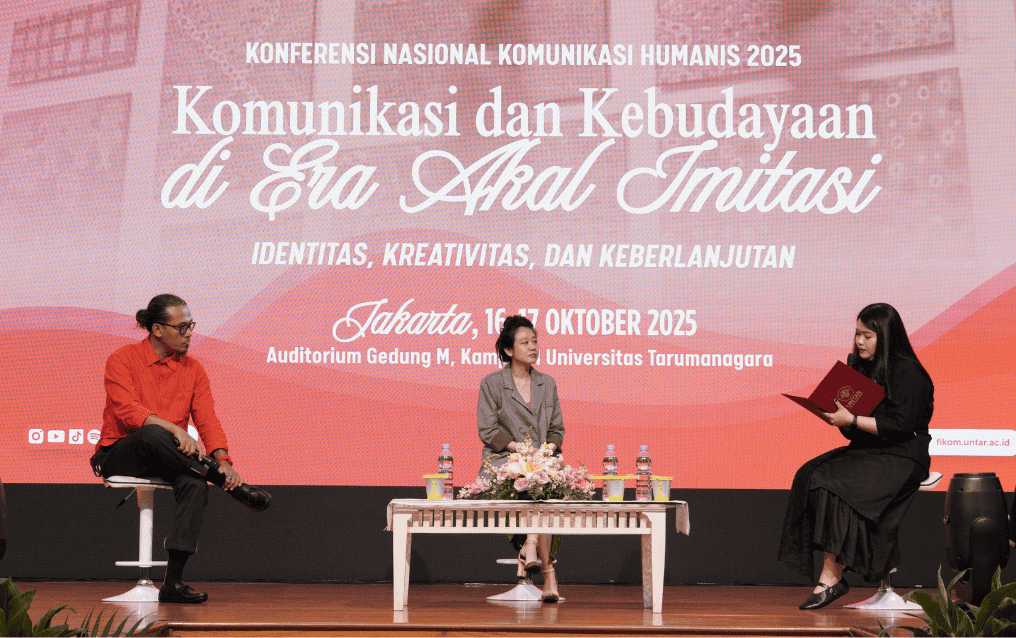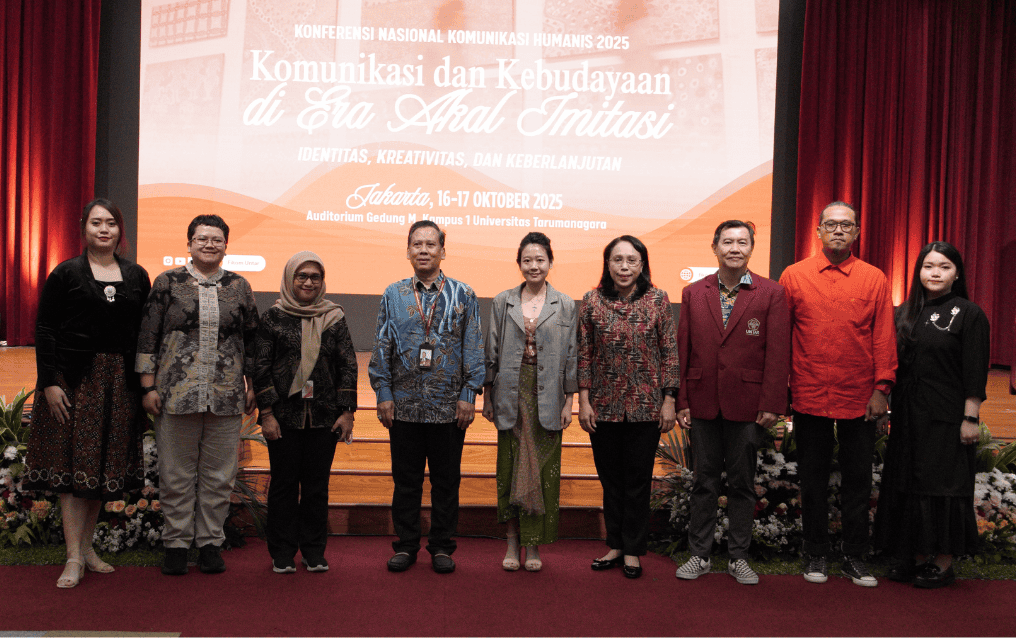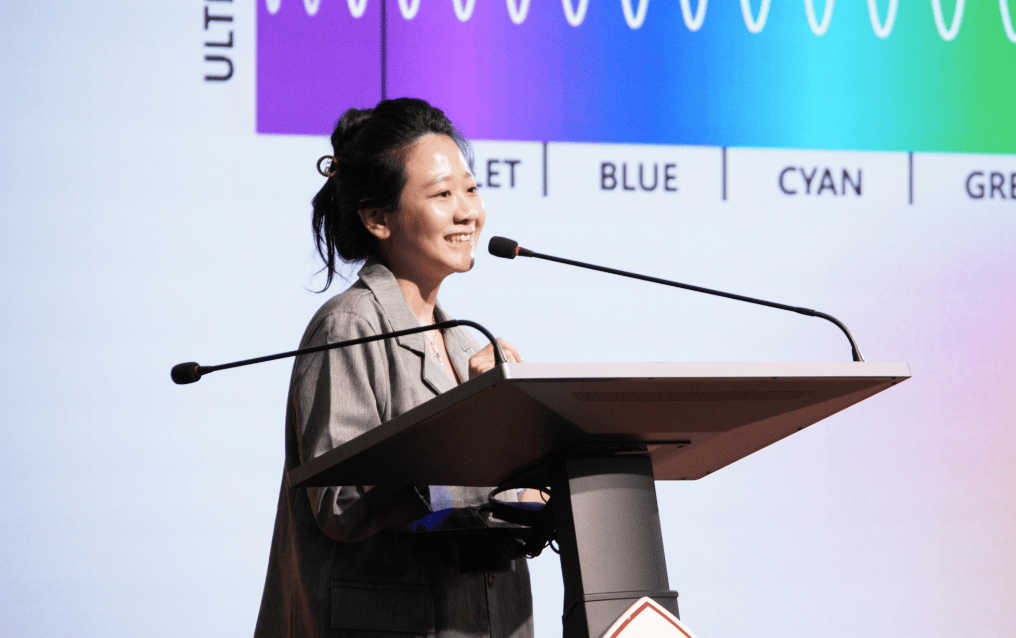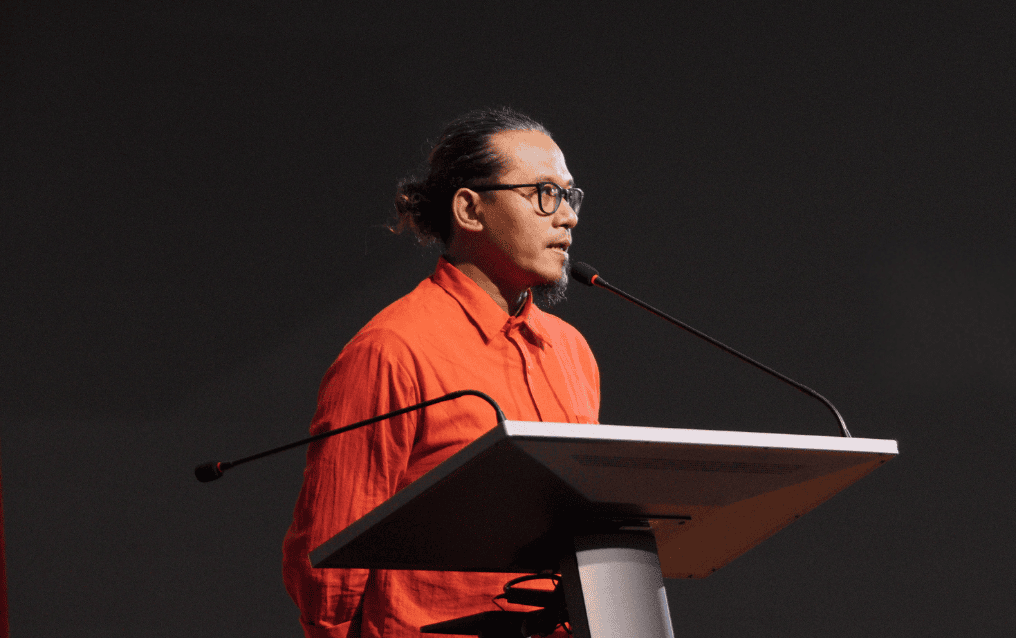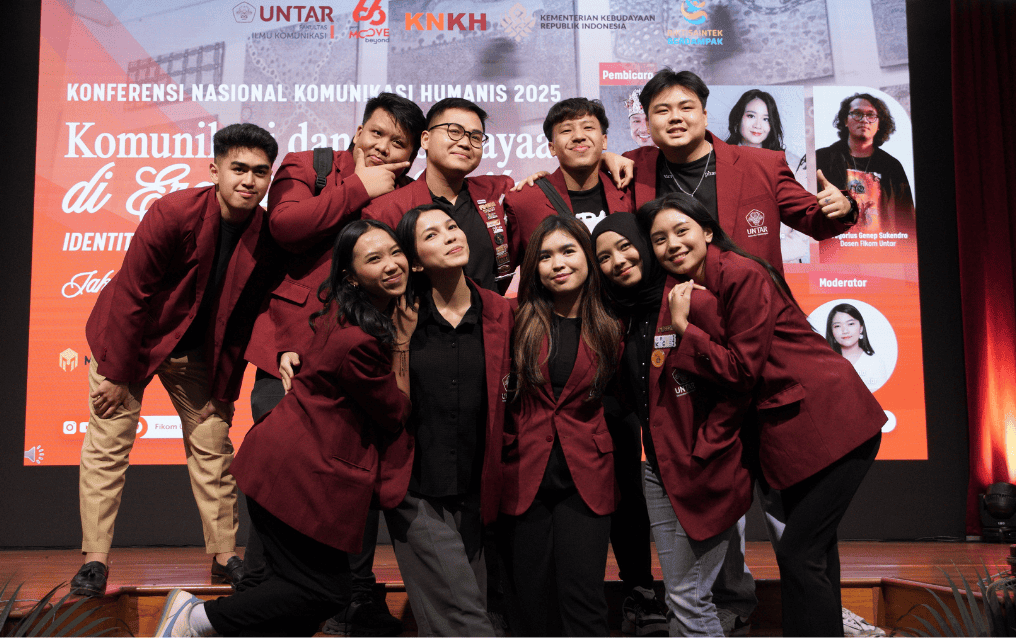The Faculty of Communication (Fikom) at Tarumanagara University (Untar) held the 2025 National Humanistic Communication Conference (KNKH) with the theme “Communication and Culture in the Era of Imitative Intelligence: Identity, Creativity, and Sustainability” on Thursday (October 16) at the Untar Auditorium.
The chosen theme emphasizes the urgency of communication as a bridge between tradition and innovation, technology and humanity, local and global perspectives, as well as a driver for the sustainability of national culture amid rapid societal changes.
Untar Rector, Prof. Dr. Amad Sudiro, S.H., M.H., M.Kn., M.M., in his opening remarks, highlighted that raising the theme of communication and culture at this year’s KNKH can broaden perspectives, particularly for students, in a society that is constantly evolving.
Meanwhile, Fikom Untar Dean, Dr. Riris Loisa, M.Si., emphasized that this year’s KNKH theme reflects the current realities we are experiencing, where the massive flow of information and popular culture presents unique challenges for individuals. She added that music, film, and digital content now not only serve as forms of expression but also act as mediums for social advocacy.
KNKH 2025, organized in collaboration with the Ministry of Culture of the Republic of Indonesia, featured two keynote speakers: film producer Siera Tamihardja and Fikom Untar lecturer and cultural observer Gregorius Genep Sukendro. The event was moderated by Fikom Untar lecturer Lydia Irena, who guided discussions on how culture now serves as a means for social advocacy and identity politics.
Siera shared her views on technological development and human roles, emphasizing the importance of staying open to technological advances while cultivating cultural understanding, empathy, and striving to become a fully realized human being.
Gregorius Genep highlighted the importance of awareness of values and purpose in creative work. “We need to understand the reason before starting something. Knowing the reason helps us become aware and understand the goals and what we want to achieve,” he stressed.
The annual conference also addressed sustainability and environmental issues. It serves as an academic discussion platform to examine how artificial intelligence, or imitative intelligence, influences communication dynamics, popular culture, and human identity in the rapidly changing digital era.
KNKH 2025 Committee Chair, Septia Winduwati, S.Sos., M.Si., stated that this year’s event was attended by over 300 participants from 15 universities, including international participants from Austria and South Korea.
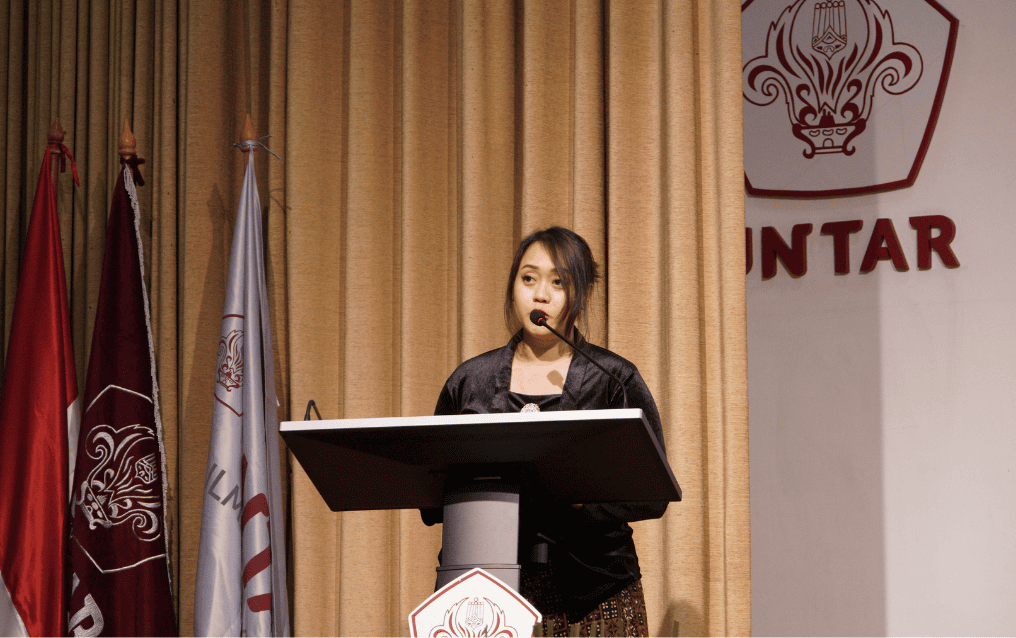
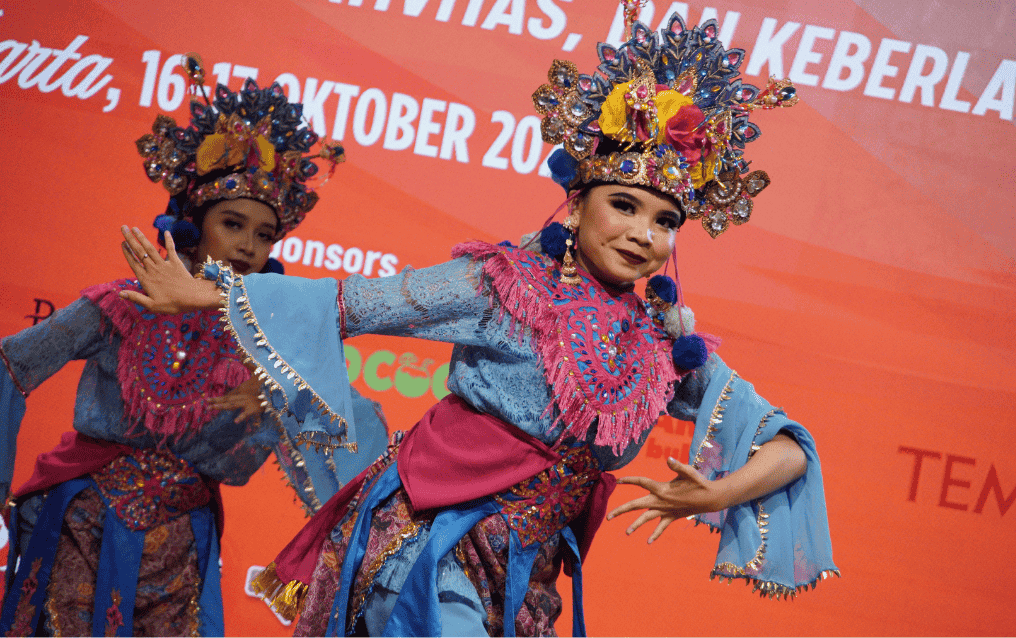
Through KNKH 2025, Fikom Untar reaffirms its commitment to fostering humanistic, innovative, and ethical communication in the face of the growing influence of imitative intelligence technology. (YS)

